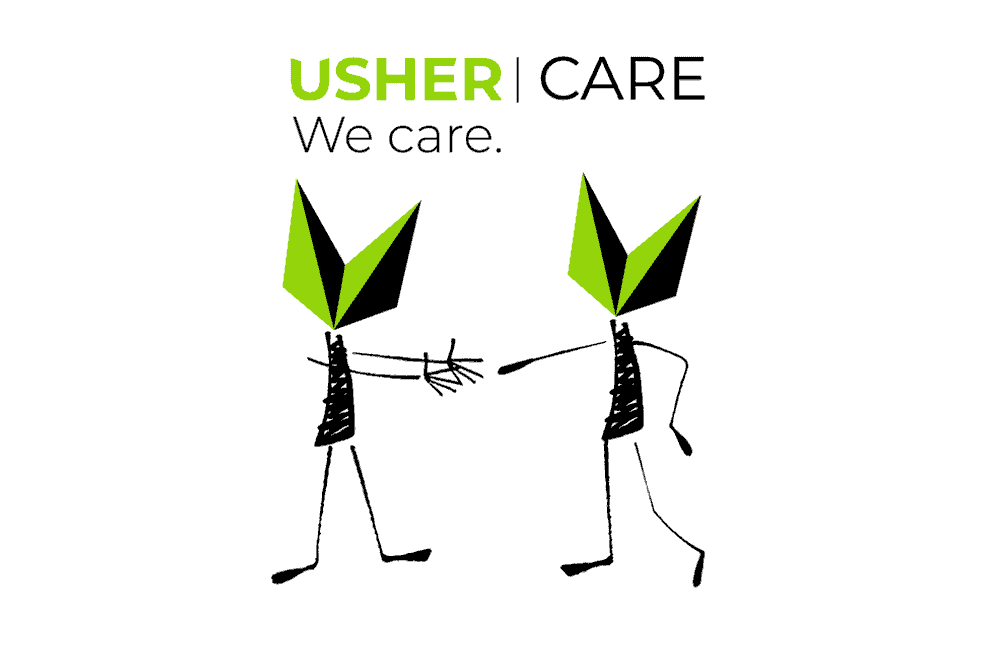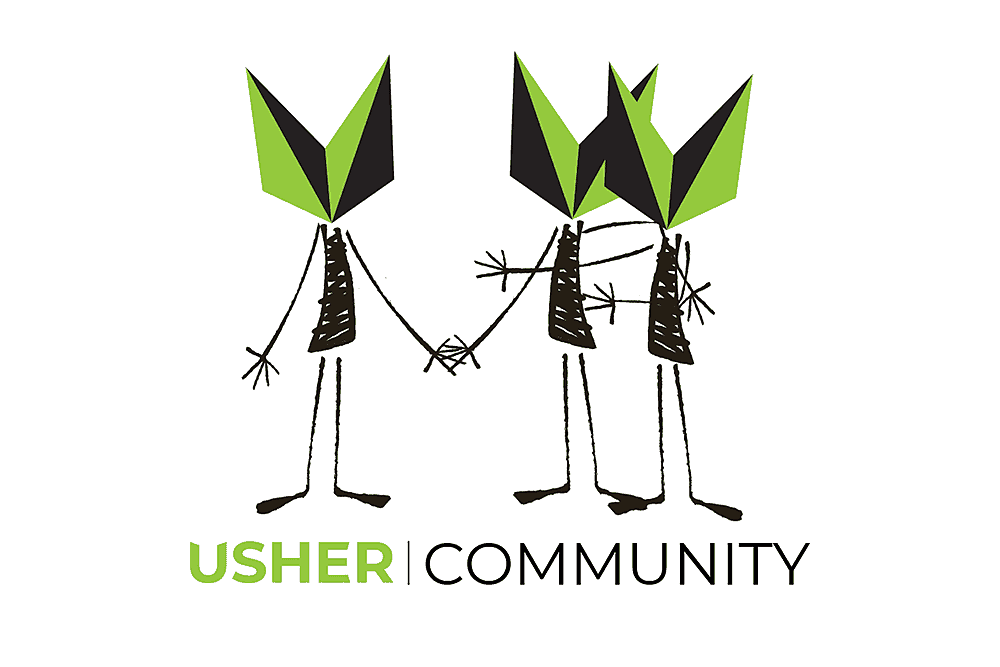Construction’s concerning mental health crisis
Australia loses one construction worker every two days to suicide – why are our tradies suffering from mental ill-health at an alarmingly disproportionate level?
From slips, trips and falls to accidents with power tools, the construction industry is notorious for its physical hazards. But what about the dangers we can’t see?
Construction workers are actually six times more likely to die by suicide than in workplace incidents. Furthermore, when one in five construction workers experience a diagnosable mental health condition and one in 20 experience suicidal thoughts,
external factors attached to an individual’s wellness is very much interconnected with not only their job issues within the broader industry.
As the largest employer in the nation, why does the construction industry have such an alarming mental health crisis?
Toxic masculinity and the mental health divide
Construction workers have a significantly higher risk of suicide (53%) when compared to other employed men in the country. Men are also three times more likely to commit suicide than women, so as a male-dominated industry, construction has an alarmingly disproportionate rate of suicide attempts.
Experts say the “macho” culture on jobsites can make it tough to speak up, with emotions being perceived as weak or even taboo. Banter among workmates can sometimes cross the line, quickly turning into bullying, especially for apprentices. In fact, apprentices in construction are two and a half times more likely to commit suicide than other young men their age.
These situational factors can create a harmful stigma when it comes to getting help – an alarming 40 per cent of people who die by suicide fail to seek professional support.
Job security threatened
With most projects being transient, construction workers often have to work on a casual or contractual basis. These concerns, exacerbated by the volatility of pandemic related lockdowns and restrictions as well as damaging weather, causes financial related stress which has negative effects on the mental health of the industry’s workers.
When they are able to work, there is an expectation of overtime and working long hours. Those who suffer an injury can experience chronic pain and missed hours, causing further financial pressures.
Construction workers may also have to spend days or even weeks isolated from their friends and families, limiting their ability to speak with someone about their problems. This can lead to harmful substance abuse and gambling issues.
Ripple effects on friends, family & industry
Mental health has a broad reach. Not only does it impact the suffering individual, or even their friend and family – mental ill health is costing the Australian construction industry billions.
A recent study conducted by PwC estimated that Australian businesses were losing up to $10.9 billion annually for neglecting to address mental health in the workplace. The study also revealed construction businesses that take action may experience a return of $2.50 for every $1 invested in initiatives that foster better mental health in the workplace. Businesses that actively promote good mental health will also attract and retain top talent and develop a reputation as a good place to work.
The solution
Awareness is spreading about this silent epidemic amongst the construction industry, with the creation of programs such as MATES in Construction, which aims to build stronger and more resilient workers and connects them to support networks.
Across the country, October represents some form of mental health awareness or advocacy. In Australia, the month is a time to build a safe and psychologically healthy space for all to work in free of stigma and discrimination. There’s a strong chance your workplace has people suffering from their mental health – maybe it’s you!
Speaking openly reduces stigma and encourages people to seek help. Chess Connect identified six pillars of support that create a framework within which these issues of mental health in the workplace can be addressed. They are:
- Reducing the stigma
- Increasing awareness
- Making a commitment
- Supporting employees
- Building skills and confidence
- Education on workplace bullying
Usher Group HSE Manager, Amanda Pennycook, has identified additional areas to help HSRs and supervisors look after their team.
Ask are you OK
Be ready to listen
Be Prepared to be open minded and understanding
Listen without judgement
Encourage action to get in touch with our EAP Facilitator FR Roman or Mates in Construction, Beyond Blue etc.
Check in make sure you keep in touch.
If you or anyone you know needs immediate assistance, contact Lifeline on 13 11 14.
#QMHW









